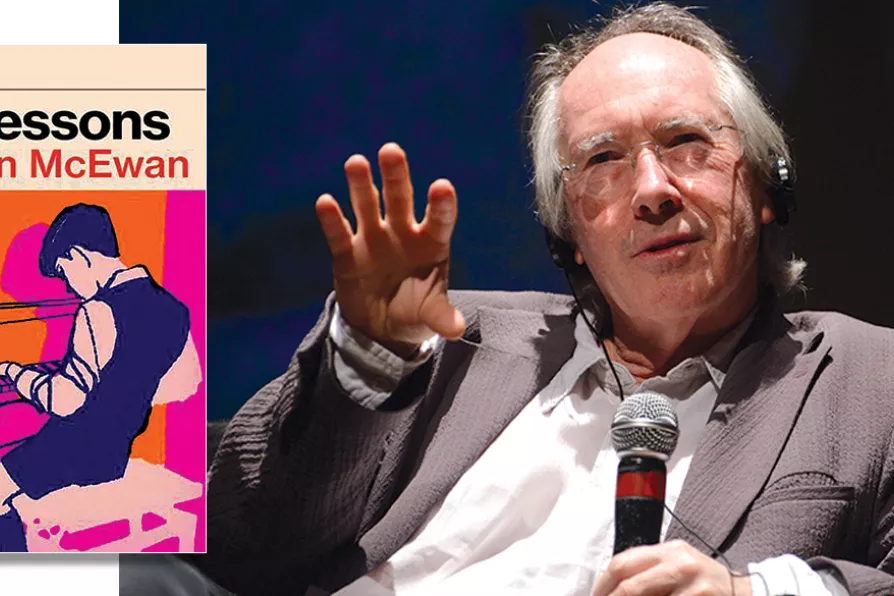RON JACOBS welcomes a timely history of the Anti Imperialist league of America, and the role that culture played in their politics
A great deal of didactic writing
JAN WOOLF reviews the latest title from the 'chronicler of muddle England'

 Ian McEwan at Fronteiras do Pensamento (Frontiers of Thought), Porto Alegre October 2016
[Fronteiras do Pensamento/CC]
Ian McEwan at Fronteiras do Pensamento (Frontiers of Thought), Porto Alegre October 2016
[Fronteiras do Pensamento/CC]
Lessons
by Ian McEwan
Jonathan Cape £20
LESSONS is a long novel for Ian McEwan (now 74) and it’s interesting for fellow British boomers to join central character Roland Baines on his journey through postwar childhood, 1960s boarding school, relationships, parenthood, through to old age and Covid-19 — yet struggling to find a meaningful life (Roland, not the reader).
It is also a tale of sexual abuse and emotional abandonment. A sadistic, emotionally unstable piano teacher at Roland’s boarding school seduces him – later inviting him to her cottage nearby.
Similar stories

JAN WOLF enjoys a British revival of the 1972 come of age farce/panto Pippin

JAN WOOLF finds out where she came from and where she’s going amid Pete Townshend’s tribute to 1970s youth culture

JOHN GREEN takes issue with a mainstream novel designed to denigrate the GDR

REBECCA LOWE admires a complex, multi-layered working-class novel whose heart is the writer's self-discovery as a poet










